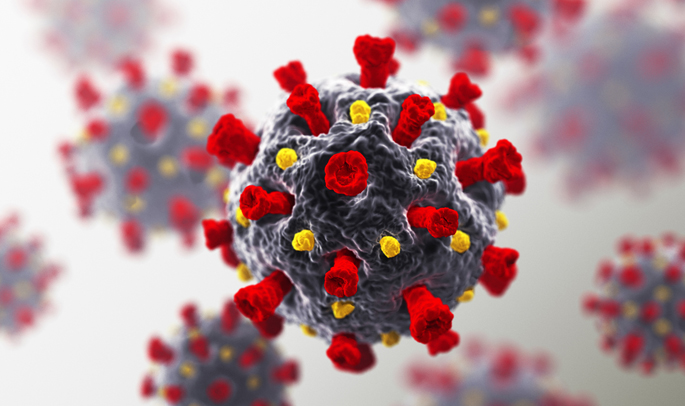Brian Rini, MD, is leading a study launched by the National Cancer Institute (NCI) that will closely monitor cancer patients who acquire COVID-19 with the goal of providing highly detailed data to guide future care.

Rini, Ingram Professor of Cancer Research and chief of Clinical Trials at Vanderbilt-Ingram Cancer Center, (VICC) is one of two principal investigators of the NCI COVID-19 in Cancer Patients Study (NCCAPS). The other is Lorissa Korde, MD, with the NCI’s Cancer Therapy Evaluation Program.
NCCAPS is a natural history study that will involve 2,000 participants over a two-year period. The study differs from registries that compile information from electronic health records because it will involve collecting biospecimens.
“This NCI-led effort will look at clinical outcomes and biospecimen research around 2,000 patients who have both active COVID infection and an active cancer who are undergoing treatment,” Rini said. “Patients have to have a positive PCR (polymerase chain reaction) test for COVID within 14 days of treatment.”
Rini and Korde will supervise research efforts at multiple sites across the nation to evaluate outcomes in clinicopathologic subgroups and to assess antibody development, cytokine abnormalities and genetic polymorphisms associated with severe COVID-19. They will create a bank of clinical data, research blood specimens and radiological images for future use.
More than 200 sites in all 50 states, including community oncology practices, have signed up to enroll patients. The first patient was enrolled on June 5. Protocols are also being established for a pediatric arm.
“It’s a massive initiative by the NCI,” Rini said. “A 2,000-patient clinical trial is a big clinical trial in any setting. Most large-scale trials are 500 to 1,000 patients. While this trial is not administering a specific therapeutic — there is no single experimental drug being given to people as part of a trial — it’s a big effort.”
The trial will, however, collect and analyze data on patient responses to drugs that are administered as part of the treatment regimen.

















